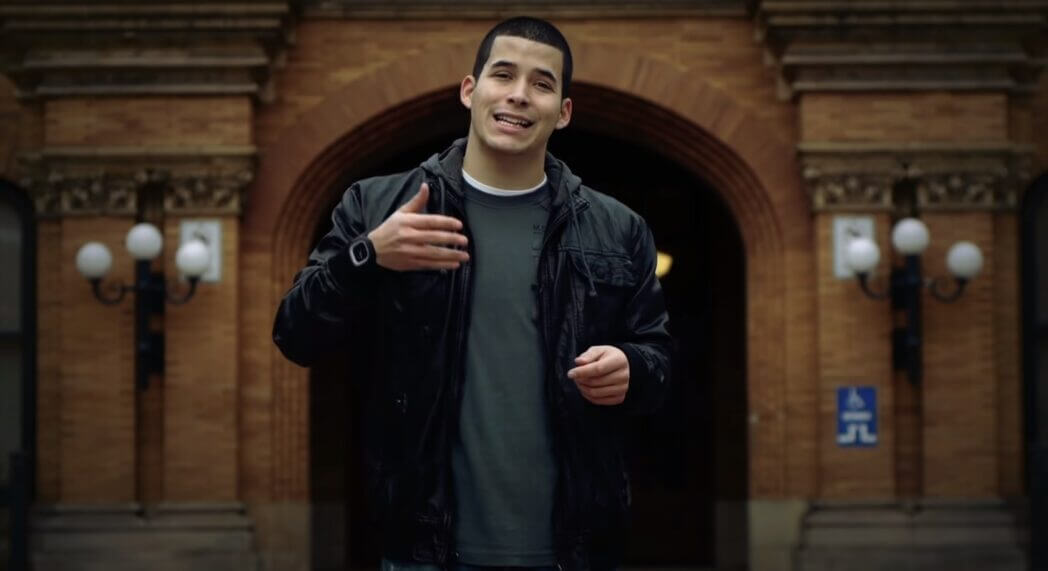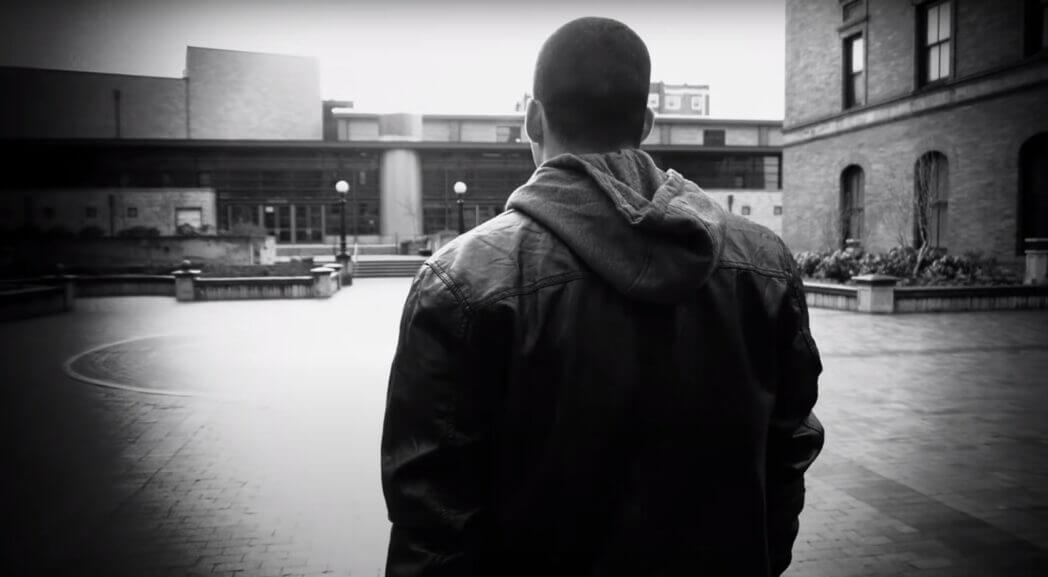The journey into the profound layers of Jefferson Bethke’s poem, “I Hate Religion But Love Jesus,” is a fascinating exploration into the terrain of modern spirituality. This thought-provoking piece shines a harsh light on the pitfalls of rigid religiosity while simultaneously emphasizing the transformative power of a faith rooted in love and a personal relationship with Jesus.
As we delve deeper into Bethke’s verses, we will dissect and analyze the poem’s integral beliefs, contradictions, and profound spiritual messages.
Bethke’s Concept of “Religion”
Bethke’s use of the term “religion” refers to a system of man-made doctrines and rituals that, in his view, may deviate from the path of genuine faith. It’s crucial to distinguish that his critique targets the following aspects:
- The perceived hypocrisy and judgment that can arise from dogmatic interpretations of religion;
- The focus on external rituals and adherence to rules can often overshadow the essence of spirituality;
- The division and conflict that can result from rigid religious ideologies.
Bethke’s critique of “religion” targets the potential pitfalls of institutionalized faith, advocating instead for authenticity and personal transformation. His view posits that adherence to religious rituals, without a deeper understanding and experience of spirituality, can lead to a superficial faith.
Bethke’s perspective serves as a reminder that genuine spirituality goes beyond religious practices, focusing instead on an inner transformation that reflects a true understanding and application of Jesus’ teachings.
“Jesus Came to Abolish Religion”
Bethke’s assertion that “Jesus came to abolish religion” is a provocative statement that stimulates much theological discussion. He draws upon New Testament teachings where Jesus regularly challenges religious dogma and calls for a deeper, more personal connection with God.
Bethke’s interpretation suggests the following:
- Jesus sought to establish a direct, love-based relationship with God, circumventing the need for ritualistic or legalistic intermediates;
- His teachings emphasized love, forgiveness, and inner transformation over adherence to religious laws.
Bethke’s provocative claim that “Jesus came to abolish religion” emphasizes Jesus’ mission of bringing a new way of relating to God, based on love, grace, and personal transformation rather than rigid adherence to religious laws.
Bethke reminds us that at the heart of Christianity is a call for a deep, personal relationship with God that transcends religious dogma. It concludes that the message of Jesus was not to establish another religion but to provide a path to God that focuses on internal transformation and a loving relationship with Him.
The Church as a “Hospital for the Broken”
Bethke uses the powerful metaphor of the church as a “hospital for the broken,” indicating his vision of what a faith community should embody. It suggests:
- The church’s primary role is to provide solace, healing, and hope for the emotionally and spiritually wounded;
- Religious communities should be sanctuaries of acceptance and forgiveness, reflecting Jesus’ teachings of unconditional love and grace.
The emphasis is on the church as a haven for spiritual growth and restoration rather than a platform for displaying piety.
The metaphor of the church as a “hospital for the broken” is a compelling vision of the church as a healing sanctuary for those in need, emphasizing compassion and acceptance over judgment. This perspective challenges us to reassess how we view and engage with religious communities. The conclusion here is that the church, in its essence, should reflect Jesus’ teachings of love, grace, and acceptance, serving as a refuge for those seeking spiritual healing and growth.
Intriguing Statements in Bethke’s Poem
Bethke’s poem is filled with thought-provoking statements that shake the foundation of conventional religious thinking. One such statement is, “the problem with religion is it never gets to the core.” This challenges the ability of institutionalized religion to answer deep existential questions about meaning, purpose, and spiritual connection. His argument insists on:
- The need for a spirituality that transforms hearts and lives, rather than focusing on appearances and actions;
- Moving beyond religious practices to cultivate a genuine relationship with God;
- The call for authentic spiritual experiences that profoundly touch human lives and bring about inner change.
The poem’s statement, “the problem with religion is it never gets to the core,” underscores Bethke’s belief that institutionalized religion often fails to address the deep existential questions and human longing for connection with the divine.

Bethke’s argument insists on a faith that goes beyond the surface, a faith that transforms lives, fostering a personal and profound connection with God.
Final Thoughts
“I Hate Religion But Love Jesus” is more than just a poem; it’s a daring critique and a heartfelt plea. Bethke’s verses invite us to introspect on our spiritual beliefs and practices, challenging us to evaluate whether they draw us closer to God or merely serve as hollow rituals.
The poem reminds us that at the core of Christianity is a call to love – love for God, for others, and even for oneself. It calls for a radical shift from religion as a set of rules to a relationship defined by grace, love, and personal transformation. This doesn’t dismiss the value of religious practices but rather emphasizes the need for these practices to stem from genuine, transformative faith.
KeyTakeaways:
- Bethke’s “religion” refers to the ritualistic, institutionalized aspects of faith that can overshadow personal, transformative beliefs;
- Jesus’ mission, according to Bethke, was to replace dogmatic religiosity with a personal, love-based relationship with God.;
- The metaphor of the church as a “hospital for the broken” underscores its role as a place of healing, hope, and spiritual rejuvenation;
- Bethke’s poem encourages introspection, questioning whether religious practices truly help individuals cultivate a deeper, transformative relationship with God;
- The poem serves as a crucial starting point for discussions about the essence and role of religion in our lives, advocating for a shift towards authentic faith rooted in love and transformation.

Conclusion
The exploration of Jefferson Bethke’s poem, “I Hate Religion But Love Jesus,” uncovers a critique of ritualistic religiosity while simultaneously championing the transformative power of faith. The poem is a testament to Bethke’s spiritual journey, challenging norms, and prompting its readers to introspect their religious beliefs and practices.
Through “I Hate Religion But Love Jesus,” Bethke calls for a redefinition of religion—one that emphasizes personal transformation, grace, and the embodiment of love. While the message might seem radical and controversial to some.
“I Hate Religion But Love Jesus” serves as a clarion call to reimagine religion in a way that prioritizes personal faith and transformation over ritualistic observance. Bethke’s message, though controversial, resonates with many who long for an authentic, meaningful faith. His poem encourages a dialogue about the essence of spirituality and the transformational power of a personal relationship with Jesus in our modern world.


No Responses